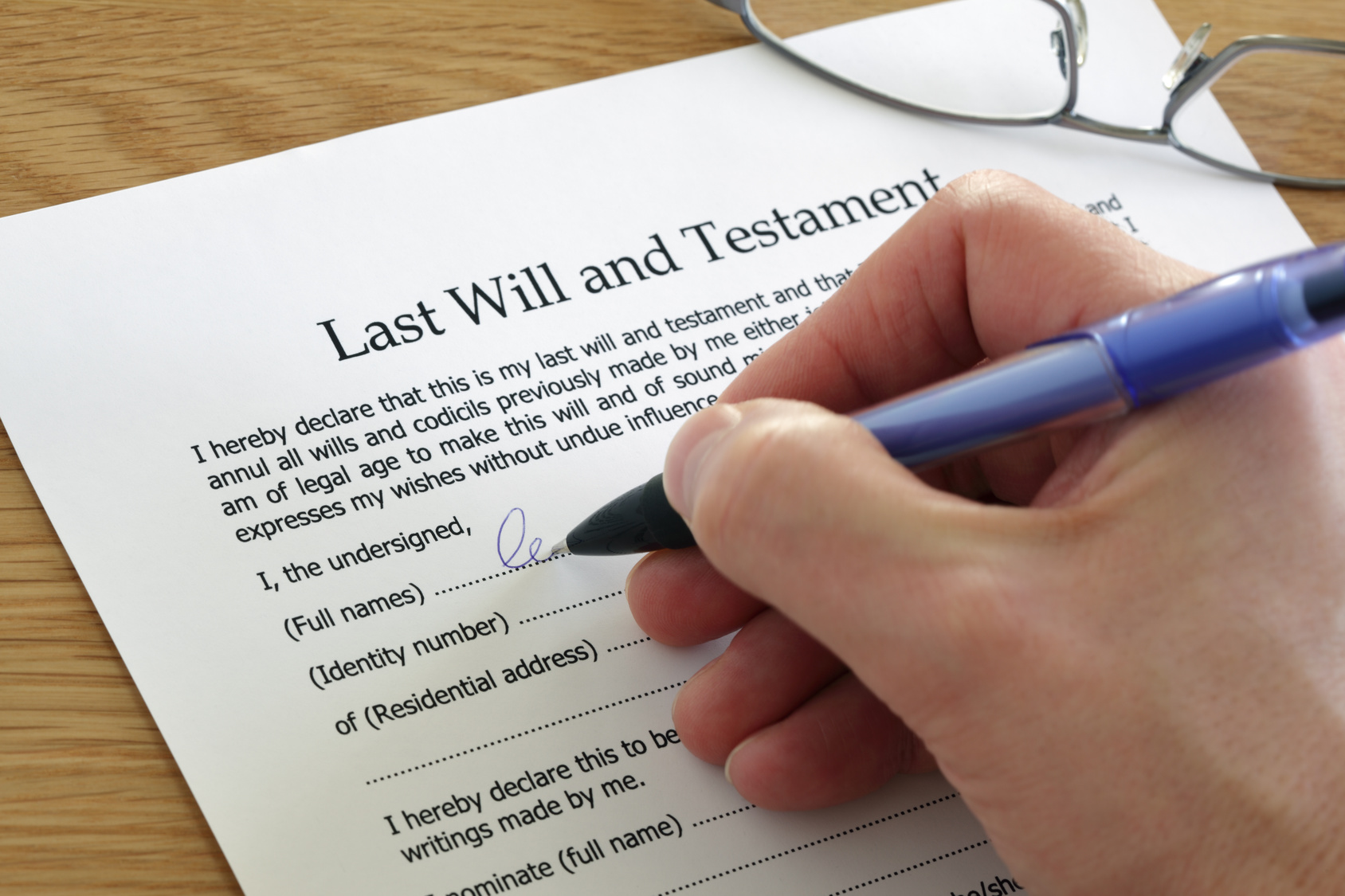You are never too young to make a will, as long as you are emancipated, which means you are on your own. Florida Statutes §732.501 states that you must be 18 years of age or an “emancipated minor,” and must be of sound mind. Florida statutes also provide the circumstances in which a minor may be emancipated.
Emancipation or “Removal the Disabilities of Nonage”
Florida Statutes §743.015 provide guidance to the court to “remove the disabilities of nonage” on a person that is at least 16 years of age. Once the minor goes through the court process, he or she is subject to all civil and criminal laws of Florida and has all of the rights of an adult 18 years or older.
Why You Should Write a Will at an Early Age
Having a will protects any assets that you may own. Florida has rules and probate statutes that determine how property is distributed if you should die without a will. Your property may not be distributed in the manner that you may wish if you die without a will.
If you are thinking that you are 18 or 20 or even 30, and that you have a lifetime to get an estate set up – a will, trust and other probate documents – you could be taking a huge chance. Just because you are healthy doesn’t mean that you will live to a ripe old age. A vehicle accident or a sporting accident could claim your life at a very early age.
Is a Will Enough?
If you do not have debt, a will may be enough. However, if you have debt, you will need a way to protect your assets. A living trust is a way to protect everything that you own. A living trust is in place even before you die or before you become unable to take care of your own financial affairs.
Keep in mind that if you are not of sound mind, you will not be able to make and sign a will or a trust. That has to be done while you are of sound mind. Should some infliction, such as Alzheimer’s, run in your family, it is always better to get your estate in order earlier in life. This way, you will be able to name the person you want to oversee your affairs. A living trust allows that person to take over your affairs almost immediately.
Subsequent Marriages
A will is also important if you have been married more than one and you have children with a previous wife. According to Florida Statutes §732.102 states that if you are survived by children from a prior marriage, and you die without a will, your current wife will only receive one half of your estate. The children from your first marriage will split the other half.
You may not think that this would be a problem, since you probably want to leave something to your children. However, if your children do not get along with your current spouse or vice versa, your estate could be held in probate for years. This could also cause your current spouse to lose your home if the children decide to sell the home and take the equity. Of course, there would probably be a lawsuit, but again, this wastes assets for both your children and your current spouse, and keeps your property in probate for an undetermined amount of time.
Protecting Your Assets
Your creditors are entitled to payment of any accounts you hold with them. The probate court will use any assets possible to pay some or all of what you owe. Creating a will and a trust helps to protect some of your assets from creditors. Furthermore, should you have no choice but to live in a nursing home, a living trust protects your assets from the nursing home.
Contact France Law Firm
Regardless of your age, contact France Law Firm to schedule an appointment to discuss your estate needs, whether you have minimal assets or many assets. You will learn how to protect your estate from creditors should something happen to you; and you will ensure that your property is disbursed to the family and friends of your choosing.






















